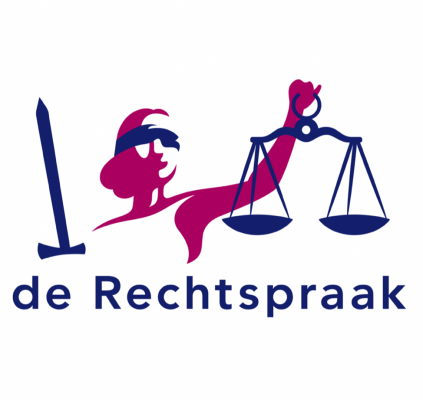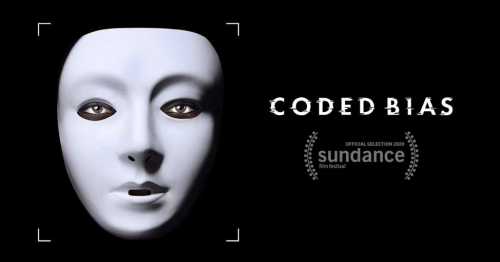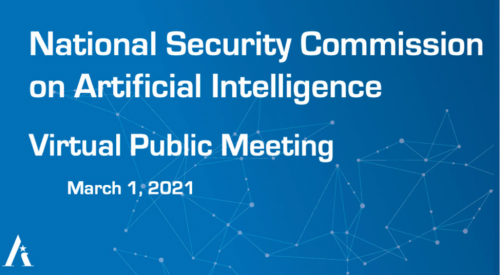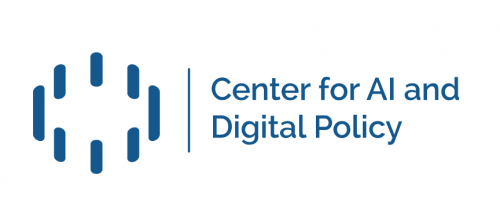UNESCO has embarked on a two-year project to develop a global standard for Artificial Intelligence. UNESCO Director General Audrey Azoulay stated, “Artificial intelligence can be a great opportunity to accelerate the achievement of sustainable development goals. But any technological revolution leads to new imbalances that we must anticipate.”
UNESCO recently published a draft Recommendation on the Ethics of Artificial Intelligence. UNESCO stated that the Recommendation “aims for the formulation of ethical values, principles and policy recommendations for the research, design, development, deployment and usage of AI, to make AI systems work for the good of humanity, individuals, societies, and the environment. “The UNESCO draft Recommendation sets out about a dozen principles, five Action Goals, and eleven Policy Actions. Notable among the UNESCO recommendations is the emphasis on Human Dignity, Inclusion, and Diversity. UNESCO also expresses support for Human Oversight, Privacy, Fairness, Transparency and Explainability, Safety and Security, among other goals. Understandably, UNESCO is interested in the scientific, educational, and cultural dimensions of AI, the agency’s program focus.
UNESCO undertook a preliminary public consultation earlier this year and will pursue further consultations with the scientific community, people of diverse cultural backgrounds, civil society, government and the private sector. UNESCO is well positioned to build on established human rights conventions, including the Universal Declaration of Human Rights (1948), the UN Convention on the Elimination of All Forms of Discrimination against Women (1979), the UN Convention on the Rights of the Child (1989), and the UN Convention on the Rights of Persons with Disabilities (2006). UNESCO has also established the Convention on the Protection and Promotion of the Diversity of Cultural Expressions (2005).
Key challenges ahead for UNESCO will include the need to address bias in AI-based systems. It has become increasingly difficult to determine how automated decisions about people are made. The practical consequence can be to reinforce systems of social bias and to create additional barriers to inclusion and diversity. The principle of Transparency and Explainability, already incorporated in the draft Recommendation, will help with this challenge. UNESCO will also need to consider whether the scoring of citizens or the use of AI techniques for mass surveillance are consistent with existing international human rights law or the goal of human dignity. Human rights groups have urged international organizations and national government to establish legal standards for AI systems, warning that ethical standards do not provide a sufficient basis to safeguard fundamental rights
Marc Rotenberg, Director
Center for AI and Digital Policy at Michael Dukakis Institute
The Center for AI and Digital Policy, founded in 2020, advises governments on technology policy.











